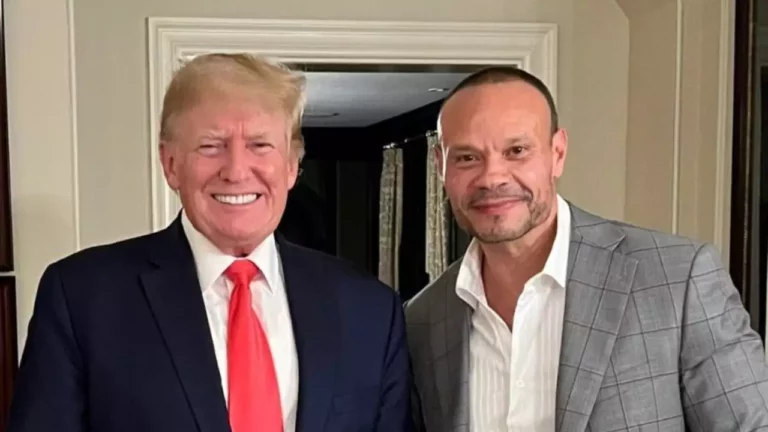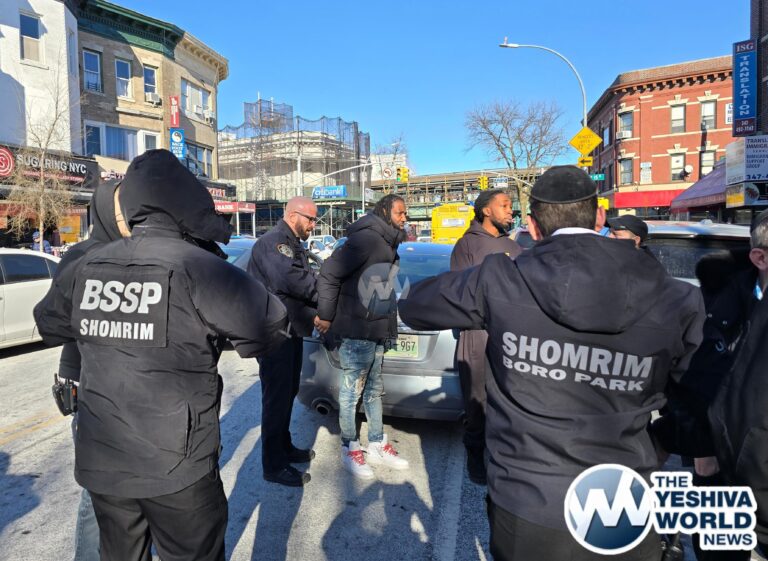 In a telephone conversation last year, an inmate in a New York City prison was speaking to a friend of his when their discussion turned to iPhones. They talked about the security of the iPhone, and the inmate appeared acutely concerned with the type of operating system on his phone.
In a telephone conversation last year, an inmate in a New York City prison was speaking to a friend of his when their discussion turned to iPhones. They talked about the security of the iPhone, and the inmate appeared acutely concerned with the type of operating system on his phone.
Because of the newer operating systems available for iPhones, authorities “can’t open my phone,” the inmate said, according to a transcript that was released in fall by the office of Manhattan District Attorney Cyrus R. Vance Jr. The inmate continued: “That might be another gift from God.”
As the feud between Apple and the FBI over a locked iPhone has grown increasingly heated, both sides have sought to convince the public – and, next week, will try to do the same with a California judge – about their stances on encryption, safety and security.
Apple and a legion of major Silicon Valley firms and cybersecurity experts have argued that the case could have a far-reaching impact on how we protect our data in a digital age. The FBI has said this debate is about a single phone that belonged to one of the San Bernardino attackers and could hold vital information for a terrorism investigation.
Law enforcement groups backing the FBI are also tackling what they say is an enemy cropping up across the country: Locked iPhones.
Tucked into the reams and reams of legal filings submitted earlier this month in the fight between Apple and the FBI was an argument from law enforcement officers saying that the technology giant’s efforts to strengthen encryption – something the company, other technology firms and security experts call essential to protecting privacy in a digital age – have also been a blessing for criminals.
One filing pointed to the transcript released by Vance, a critic of tech companies in the argument over encryption and privacy. It also cited other examples, like an unnamed “big-city district attorney’s office” who said that about half of the devices they recovered during investigations are running a version of Apple’s operating system that the company cannot bypass. The district attorney is quoted in the filing as saying that authorities “can’t establish liability or responsibility because we can’t access the phone.”
Since September 2014, Apple has issued iPhones with operating systems – first iOS 8 that month, now iOS 9 – that do not let the company extract data because the information is encrypted with a key using a password set by the phone’s owner or user.
After two attackers in San Bernardino, Calif., killed 14 people in a terrorist attack in December, authorities recovered a locked iPhone belonging to Syed Rizwan Farook, one of the shooters. That phone, which was given to him in his job as a county health inspector, runs on iOS 9.
The Justice Department obtained a court order directing Apple to design new software that would allow the FBI to keep trying new password combinations without the phone automatically wiping its data after 10 unsuccessful attempts. Apple has said it will fight this all the way to the Supreme Court.
In a court filing backing the FBI, three law enforcement groups representing prosecutors, sheriffs and federal officers pointed to the transcript from Vance’s office and said they had also found examples of criminals who previously used burner phones and “have now switched to the new iPhones as the ‘device-of-choice’ for their criminal wrongdoing.”
All told, it represented a key facet of the fierce debate over whether the California case involves a specific request (as the government has contended) or could set a precedent weakening security for countless users (as Apple and other Silicon Valley companies have argued).
“It’s not surprising that criminals use the latest tools available,” said Alex Abdo, a staff attorney at the American Civil Liberties Union, which has backed Apple in its fight. “That has always been true in history. There has always been a cat and mouse game between criminals and law enforcement. I don’t think this is any different.”
An Apple official said in an interview that the company had a long tradition of helping law enforcement, saying that over the last year they had received 10,023 requests from law enforcement through subpoenas or warrants and complied with 80 percent of those. The rest were cases where Apple was asked for information it did not have or given incorrect Apple IDs, the official said.
This debate is not necessarily new, of course. FBI Director James B. Comey, who this week argued his case against Apple in front of Congress, had sharply criticized Apple and Google two years ago for seeking types of encryption that law enforcement could not break.
“There will come a day when it will matter a great deal to the lives of people . . . that we will be able to gain access” to these kinds of locked devices, Comey told reporters during a 2014 briefing. “I want to have that conversation [with companies responsible] before that day comes.”
Tech firms and security experts have pointed out that the encryption authorities have criticized also prevent cyber-criminals from accessing personal data, and creating pathways for law enforcement also means establishing avenues other people could exploit.
Abdo said that “it would be terrible” to potentially weaken encryption for everyone because criminals utilize encrypted devices.
“Technology is like anything else,” Abdo said. “It can be used for good and it can be used for bad. But we don’t outlaw cars just because they make crime easier, and we shouldn’t outlaw strong encryption just because criminals use it.”
As Apple and the federal government have made their arguments in open letters, court filings and media interviews, both sides have gained backers.
A wave of major companies – including Google, Facebook, Twitter and Microsoft – have said they support Apple’s argument that there is a difference between helping law enforcement with an investigation and providing authorities a back door into user data. Law enforcement groups in California and representing officers nationwide filed their own briefs backing the Justice Department.
In the filing from the Federal Law Enforcement Officers Association, Association of Prosecuting Attorneys and National Sheriffs’ Association, these groups quoted Vance’s report and described “real world, on-the-ground implications” for this case.
These groups cited several other cases where they said data on phones proved crucial to investigations. They also pointed to a story about how police are unable to access the locked iPhone of a pregnant woman who was shot and killed in Louisiana last year, something authorities say is hampering the investigation.
Apple and these law enforcement groups are in agreement on something; both sides point out the tech company’s history of helping with investigations.
Tim Cook, Apple’s chief executive, wrote in his high-profile letter blasting the FBI’s request that the company “complies with valid subpoenas and search warrants.”
The law enforcement groups backing the FBI wrote in their legal brief that the company “has been a valuable partner” in a number of cases that proved guilt or innocence. “For many years, Apple has provided crucial and commendable assistance to law enforcement,” the brief stated. “Apple has changed course in a single – but a crucial – way.”
Cook, for his part, has pointed to the other cases where authorities have said they want more access to phones in arguing that this debate is about more than the locked iPhone. The FBI’s director has acknowledged that the case could set a precedent.
“It’s not about one phone,” Cook told Time magazine in an interview published this week. “It’s very much about the future.”
(c) 2016, The Washington Post · Mark Berman










